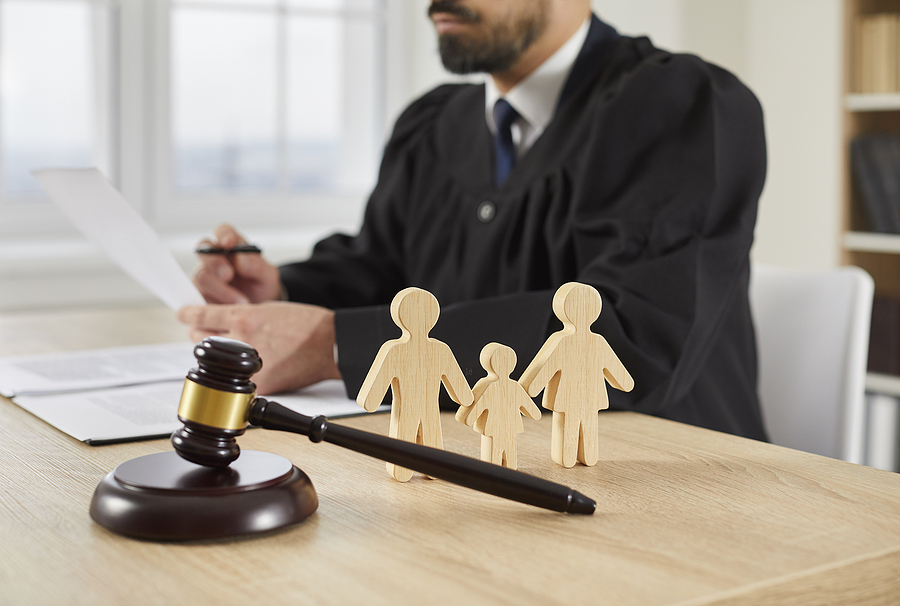In California, both parents have the right to participate equally, meaning shared custody, in their child’s upbringing after divorce. If you and your ex cannot come to an agreement about custody of your child, a judge will make the final decision based on what is best for your kid. If both parents are able, willing, and interested in shared custody of their child, then this is also known as joint custody.
A parent will not automatically receive joint custody of his or her child upon divorce. Instead, there are several factors that must be met before the court will award joint custody. In this article, you will learn about shared custody in California and how it can benefit your family during and after your divorce.
What Is Legal Custody?
Legal custody refers to who makes decisions about a child’s welfare. Someone who does not have legal custody cannot decide whether a child receives medical treatment. A parent or guardian must give permission before someone else can take legal custody of a child.
Joint Legal Custody
A parent who is granted sole legal custody of a child has final authority over all major decisions concerning the child’s care, including medical treatment and educational matters. In California, if parents share joint legal custody of a child, they must equally divide decision-making responsibilities. Joint legal custody does not automatically equal shared physical custody.
There are many different options for joint custody, including joint physical custody, shared legal custody, and nesting. Joint custody is an arrangement where both parents share legal authority over children. Nesting is an arrangement where the children spend most of the week in a single home and split weekends and holidays between the parents.
Sole Legal Custody
Sole legal custody means that only one parent makes all important decisions concerning the care, custody, and control of children. Sole legal custody doesn’t necessarily mean that both parents don’t share decision-making or parenting responsibilities. It isn’t always equal to sole physical custody. Sole custody is often awarded when there is evidence of abuse or neglect.
What Is Physical Custody?
Physical custody refers to who gets what times with the kids. A custodial parent is a parent who gets physical custody of the children. Noncustodial parents are those who don’t receive physical custody of the children, but still have access to them. Courts consider the best interest of the child before determining what type of custody arrangement is appropriate.
Joint Physical Custody
Joint physical custody means that each parent shares equal parenting time with the children. This arrangement allows noncustodial parents to spend more time with their children while still maintaining contact with them.
Sole Physical Custody
Sole legal custody means that only one parent makes all important decisions about a child’s life. A divorce decree or settlement agreement must specify which parent has sole legal custody of the children.
What Is Visitation?
Visitation is a way for a parent to spend quality time with their children. Courts will consider the safety of the child when deciding how much visitation to grant. Supervised visitation allows the court to monitor the interaction between the parent and child.
How Does a Judge Decide Custody in California?
The court must presume that both parents are equally deserving of custody. The court considers all aspects of the family including the child’s wishes. A child’s age and maturity level influence how much weight should be given to his/her opinion about custody.
Benefits and Drawbacks of Joint Custody
Joint legal custody means that both parents share decision-making about important decisions such as education, religion, medical care, and other core parenting decisions. Joint custody allows parents to share responsibilities equally. Children benefit from having two parents who are active in their lives. In most cases, there is no reason why parents should not share joint legal custody of their children.
Contact a Redwood City Divorce Attorney
There are many factors that go into determining what type of custody arrangement works best for each family. A shared parenting plan allows both parents to spend time with their children, even if they live apart.
If you are getting divorced in California, it’s important to find an excellent divorce lawyer to represent you and your children. There’s nothing like having a lawyer who knows what they are doing. A good lawyer will look into all aspects of the situation and come up with a solution that benefits everyone involved. Schedule a consultation with the Law Offices of Bradley D. Bayan by calling (650) 364-3600 or using our online form.










